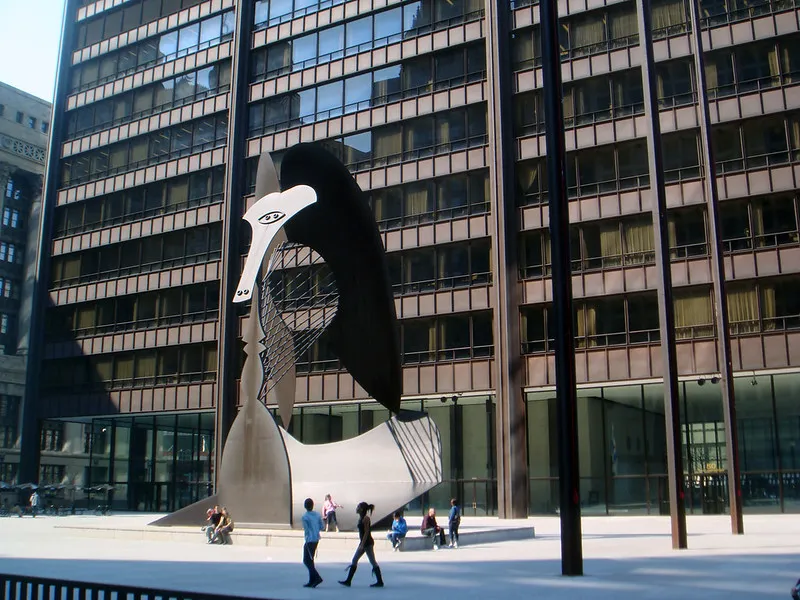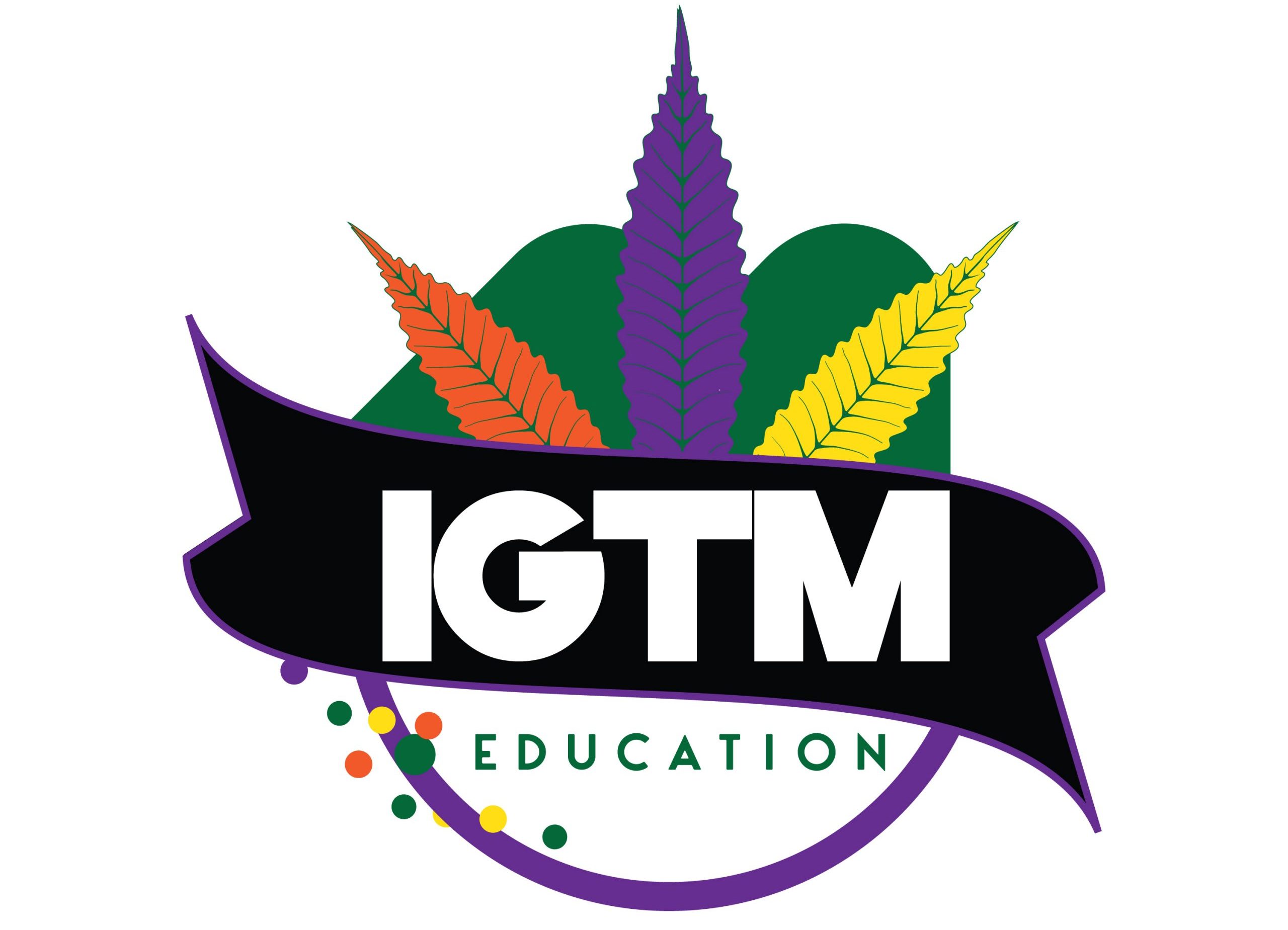
An Illinois judge Friday pushed dozens of unsatisfied cannabis dispensary license applicants towards a corrective lottery before hearing arguments on whether or not they deserve to participate in the application process and told litigants that she expects the case to last through the end of the year and possibly into late 2023.
“This case will never conclude by 2022, you’ll be lucky if it concludes 18 months following that. There would not even be a ruling on merits for many, many months. If not years out,“ said Cook County Circuit Court Judge Cecilia Gamrath. “I want those plaintiffs to understand that reality. If any plaintiff is thinking they will get a ruling in three months.”
Judge Gamrath’s pronouncement was part of a four hour hearing in the state’s dispensary “supercase”, a consolidation of 67 plaintiffs from across Illinois ordered by the state Supreme Court. The supercase deals with applicants who contend their applications were either mishandled by the state or barred from participating in the application process.
Friday’s hearing, which was the first to be held in-person on this issue since the start of the Covid-19 pandemic, was to hear oral arguments on how the judge should resolve the complaints of the 67 plaintiffs wrapped into the supercase. Already, the plaintiffs have filed written briefs with a diverse set of complaints, some charging they were unfairly disqualified, some that they were inappropriately scored, some that they were unfairly dropped out of lotteries, and some charging that the entire process should be scrapped.
Recognizing the sprawl of the supercase, with so many different claims requiring specific resolution, Judge Gamrath has been pushing claimants towards holding a corrective lottery first, to determine which applicants even have a chance of winning a license. Then, assuming some plaintiffs drop out of the case because they’ve learned they can’t win a license because they lost the lottery, Judge Gamrath would move to hear arguments from corrective lottery winners on whether or not they should be allowed to get that license.
This flip, putting the merit argument after the lottery, has caused a great deal of consternation among many plaintiffs, with some arguing that such a process would deprive corrective lottery losers of due process, since those losers might want to appeal the case to a higher court. Most of Friday’s hearing was consumed with arguments made by different groups of plaintiffs, each of which had a slightly different perspective on why a corrective lottery should, or should not be conducted first.
But despite plaintiff arguments, Judge Gamrath seemed dissuaded, mentioning at least three times why holding a lottery first would be a good process. “It could be a year plus and [cost] hundreds of thousands of dollars of legal fees to argue merits [first],” said Judge Gamrath.
Judge Gamrath also refused to hear requests from plaintiffs on how the corrective lottery should be conducted, as some plaintiffs argued that the odds of the lottery process proposed by Illinois regulators disadvantage some plaintiffs, and advantage others.
“The court will not conduct an evidentiary hearing on what a corrective lottery would look like. The court is not going to micromanage or pretend or tell the Illinois Gaming Board or Illinois Lottery how this needs to be managed,” pronounced Judge Gamrath.
At one point during the hearing, attorneys for the state conceded that it is possible that through the course of the supercase, every one of the 67 plaintiffs could win a new adult-use dispensary license – if each of them were to win the corrective lottery and then win the arguments on the merits.
Despite the size and reach of the supercase, it is heavily influenced by another case in Cook County courts, WAH Group v. Illinois Department of Financial and Professional Regulation (IDFPR), over the constitutionality of the entire application system. That case oversees a stay on awarding of all dispensary licenses, including 185 dispensary licenses that were awarded last summer through the application process. The WAH case continues to grind through the process with more hearings expected in May.
Judge Gamrath adjourned Friday’s hearing after announcing she would take the arguments under advisement. She did not set a date for when she would set forth a process for resolving the supercase’s complaints.
